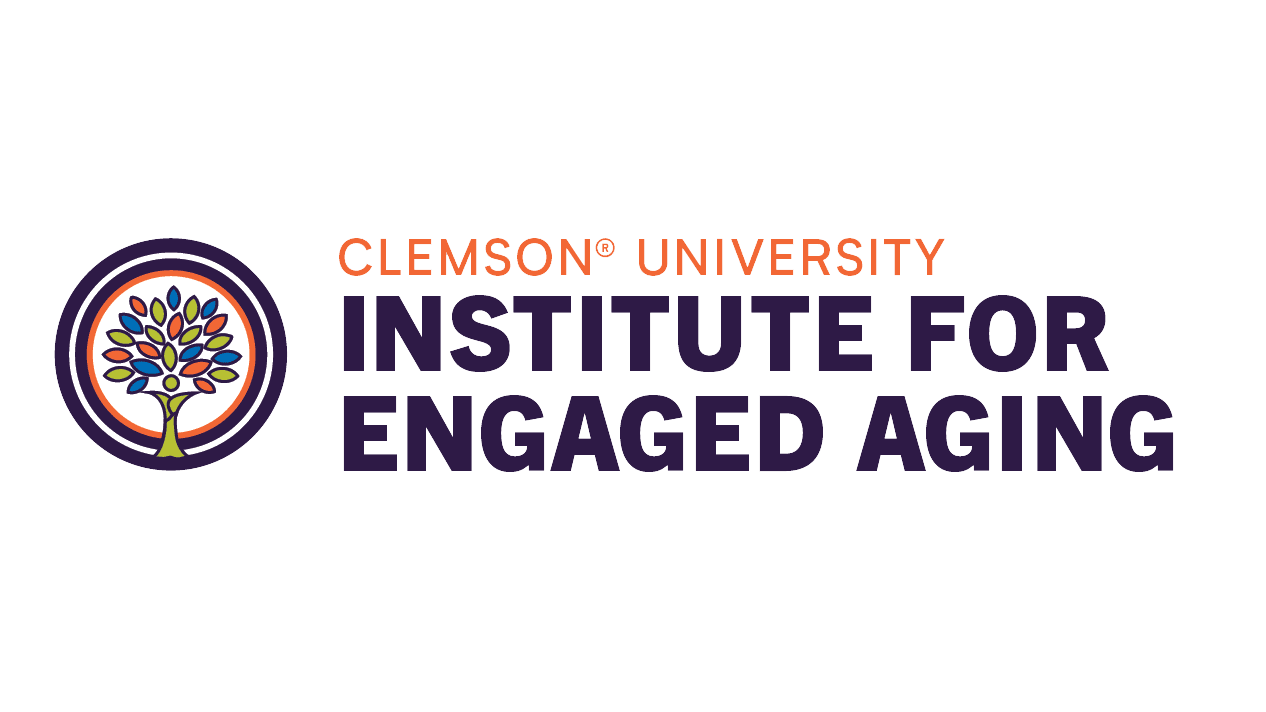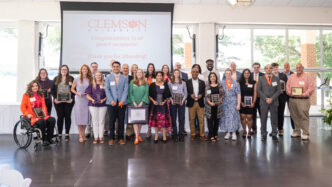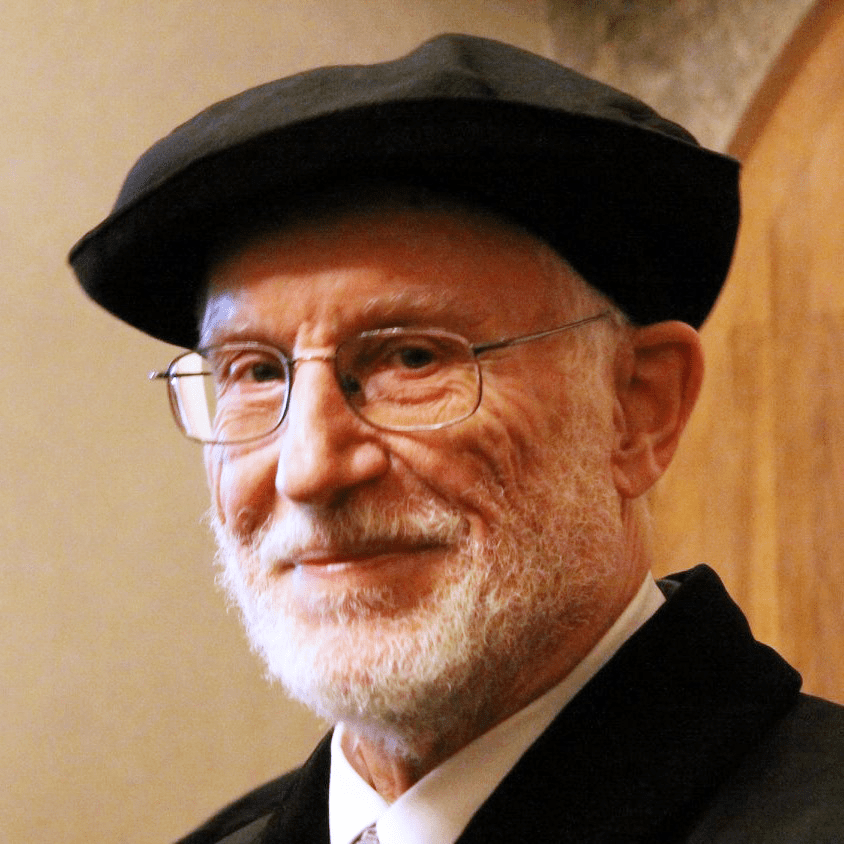The National Institutes of Health’s National Institute on Aging has awarded a grant of $44.3 million in expected funds over five years for the Preventing Alzheimer’s with Cognitive Training (PACT) study. Clemson University was chosen as one of six sites across the US to conduct this study, which is the largest primary prevention trial to date designed to test the effectiveness of computer-based training to protect against MCI and dementias.
The Clemson University portion of the grant, $3.5 million, was awarded to Dr. Lesley Ross, SmartLIFE Endowed Chair in Aging and Cognition in the College of Behavioral, Social and Health Sciences; director of the Clemson University Institute for Engaged Aging; and associate professor in the University’s Department of Psychology. Dr. Ross will be leading the Clemson-PACT Study. Dr. Christy Phillips, research assistant professor in the Department of Psychology, will serve as co-investigator, leading participant recruitment and retention efforts across sites.
A multi-million-dollar grant of this size demonstrates the importance of the PACT study. According to the Alzheimer’s Association, one in every 10 people aged 65 and older will be diagnosed with Alzheimer’s disease, the most common form of dementia. No proven treatments yet exist to cure or stop the progression of Alzheimer’s disease. Without effective interventions, the human and economic costs for those living with dementia, their caregivers, and the health care system will continue to rise as the population ages.
“My ultimate goal is to provide adults with a toolbox of evidence-based interventions to maintain cognition and everyday functioning, and this is a promising one. I look forward to bringing this cutting edge study to Clemson and the surrounding area.”
Lesley Ross
“This study is one of the first that is specifically designed to assess the impact of cognitive training on future dementia and Alzheimer’s prevention,” Ross said. “This is so very exciting as these interventions are inexpensive, safe, drug-free and can be done anywhere including in people’s homes. My ultimate goal is to provide adults with a toolbox of evidence-based interventions to maintain cognition and everyday functioning, and this is a promising one. I look forward to bringing this cutting edge study to Clemson and the surrounding area.”
Strong preliminary data from more than 18 randomized clinical trials demonstrate that some forms of computerized cognitive training improve older adults’ cognition and transfers to improved everyday activities. Recent evidence further indicates that such cognitive training may reduce dementia risk.

Phillips notes that community volunteers are the key to success of the PACT study.
“So many of us have been touched by this disease and want to be part of the solution,” Phillips said. “We want community members to know they are vital to making this important study, with the potential to prevent dementia, possible. We are currently recruiting older adults from the Upstate community who would like to improve their cognitive abilities while being part of important scientific research.”
Clemson is expected to enroll 650 participants over the next two and a half years. To qualify, participants must be 65 or older with no cognitive impairment or dementia. There is an emphasis on the need for African-American/Black and Hispanic study volunteers. According to the Alzheimer’s Association, these populations are at the highest risk for Alzheimer’s disease and other dementias.
Clemson’s study volunteers will complete in-person visits at the Clemson University Institute for Engaged Aging, located at the Prisma Health Oconee Memorial Hospital. Ross said the institute’s location allows easy access for the public and participants.
PACT participants will be asked to initially come to two in-person study visits. They will then complete computerized training exercises in the comfort of their own home or they may choose to complete activities at the Institute for Engaged Aging in Seneca. Participants will be asked to return about three years later for a third study visit. During in-person visits, participating sites will follow all necessary precautions per CDC, Clemson University and Prisma Health policies.
According to Ross, inclusion of participants from the upstate South Carolina region will play a crucial role in the PACT study and the future of Alzheimer’s research.
“This research allows us to provide scientifically sound interventions that enable individuals stay in their homes and remain happy, healthy and independent,” Ross said. “Dementia is such an important outcome that impacts the patient, family and community. Prior work indicates that even delaying dementia by one year has a significant impact on health care costs and resources.”
For more information, or to volunteer, please call (864) 916-6220, or visit the PACT study website at PACTstudy.org.
The PACT grant is supported under Award Number R01AG070349, from the NIH’s National Institute on Aging. This content is solely the responsibility of the authors and does not necessarily represent the official views of the National Institutes of Health.
The Department of Psychology is part of the University’s College of Behavioral, Social and Health Sciences (CBSHS). Established in July 2016, CBSHS is a 21st-century, land-grant college that combines work in seven disciplines – Communication; Nursing; Parks, Recreation and Tourism Management; Political Science; Psychology; Public Health Sciences; Sociology, Anthropology and Criminal Justice – to further its mission of “building people and communities” in South Carolina and beyond.







